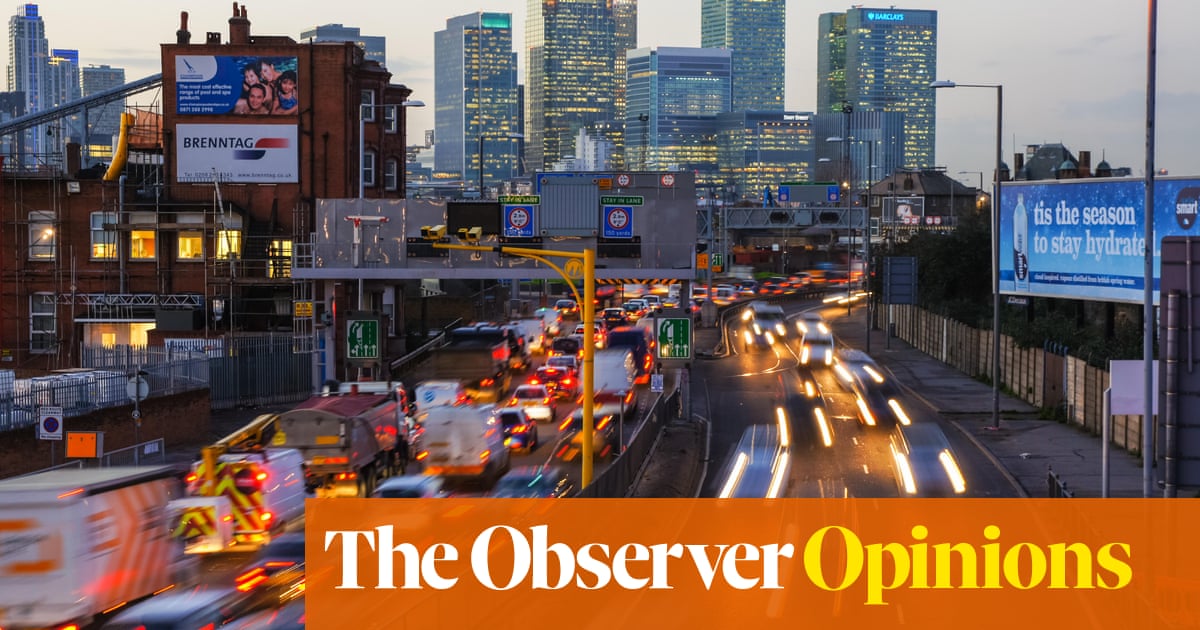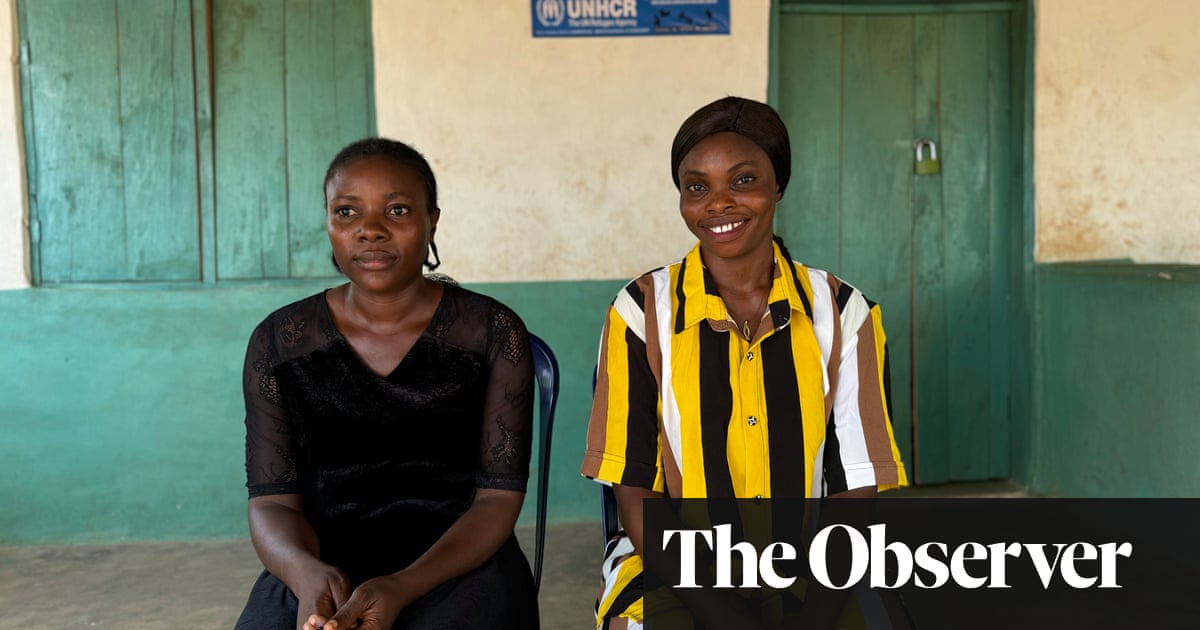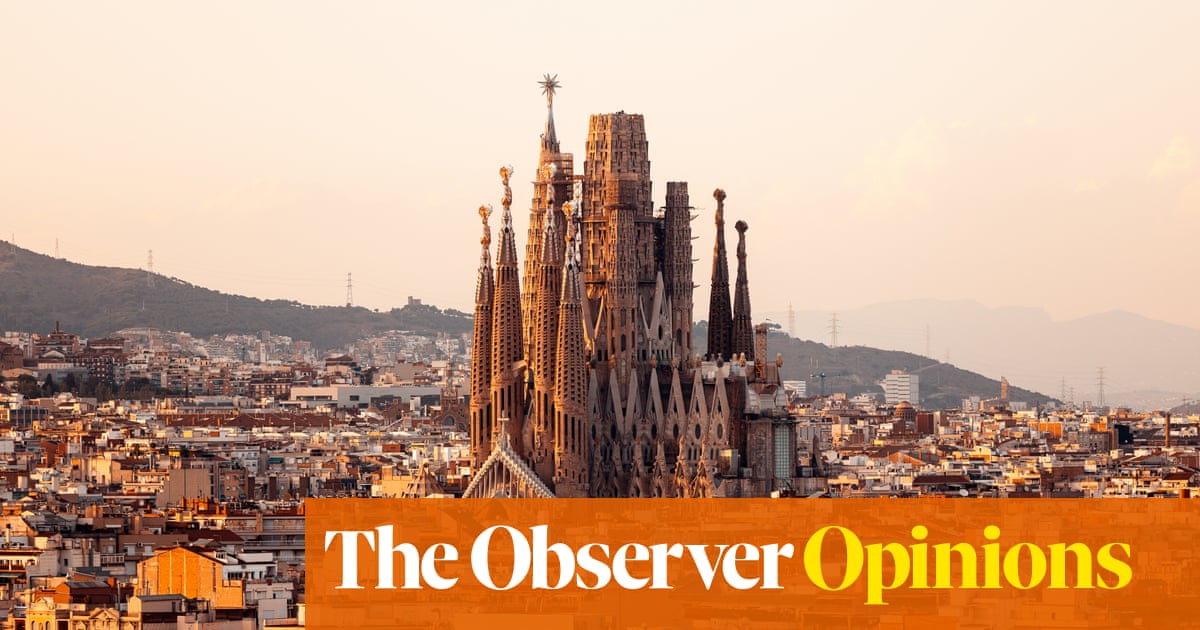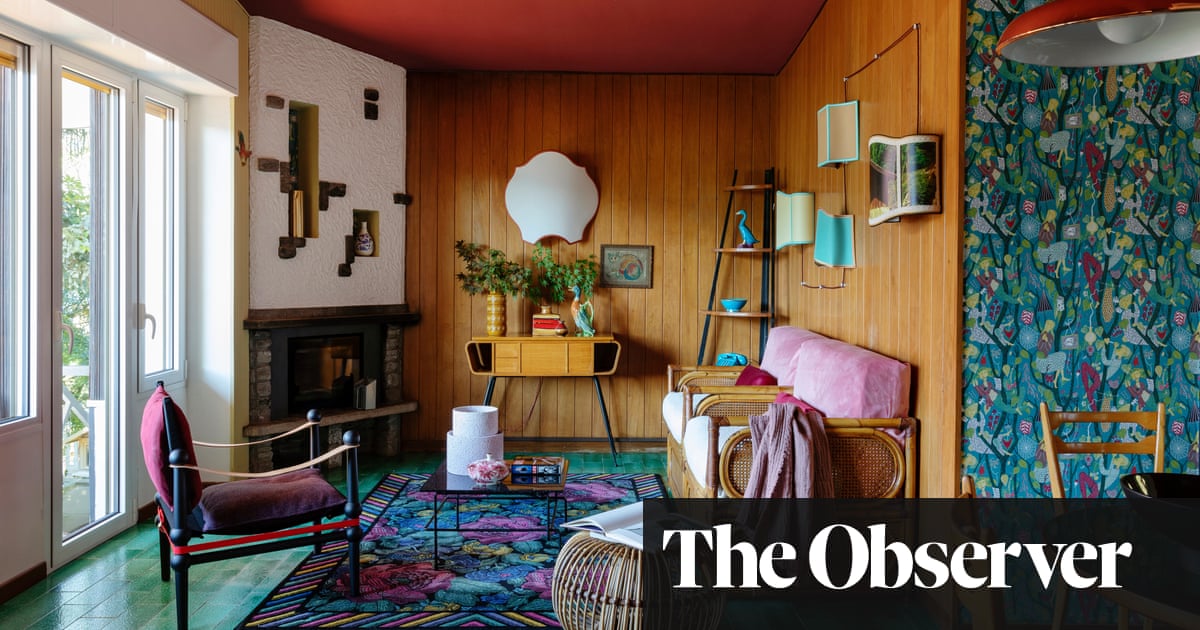I can’t remember how I got the sequinned skirt on but I’m pretty sure the eyeliner was wobbly. Both arms in a cast does not precision cat-eye make. But it was New Year’s Eve and what’s the point if you’re not going to sparkle, and I’m an Egyptian in New York so the black eyeliner was practically a national duty.
And then I went round the corner, crossed the street and entered Chez Lucienne, my local and the neighbourhood French restaurant, foolishly with no reservation, and got a table anyway because all the waiters knew me. I could tell you which country each of them had supported in the previous year’s World Cup because I was the only person at the bar in the middle of the day watching matches being held hours away in South Africa.
Is that what home is? Where you know there will always be a place at the table for you?
I moved to the US from Cairo in 2000 and, like many immigrants, my feet walked first to Seattle and then to New York City where I relocated in 2002, while my heart and mind were still in Cairo. And then at a protest I’d flown to Cairo to join near Tahrir Square in November 2011, on the day that the US was marking Thanksgiving, Egyptian riot police broke my left arm and fractured my right hand in two places and sexually assaulted me, and shattered my heart into more of a mess than a dropped 1,000-piece jigsaw puzzle.
I flew back to New York City a couple of days later, bewildered and more than bothered as it increasingly dawned on me how little one can do with both arms in plaster.
I did not have to be alone for the 2011 holiday season. I needed solitude to gather myself, the pieces I am, to misquote Toni Morrison.
The Egyptian novelist and Nobel prize laureate Naguib Mahfouz said: “Home is not where you are born; home is where all your attempts to escape cease.” And that New Year’s Eve at Chez Lucienne, I stopped running.
The table that my fellow football-supporting waiters had made for me in the packed dining area was cheek-by-jowl with a gay couple. I introduced myself because there’s no room for politely avoiding eye contact when you’re practically eating off each other’s dishes. They in turn gingerly asked me what happened to my arms. My casts announced me everywhere I went and I began hesitating telling people about the assault because I often ended up comforting strangers who cried upon finding out.

Instead, my neighbours at Chez Lucienne adopted me.
We compared dishes, slid over portions to each other’s plates for tasting, clinked glasses for toasts, were the first people dancing to the live band, and I introduced them to my football-supporting friends as if I were gathering together different branches of my family.
That night, I remembered why every Egyptian from Cairo that I know who’s ever visited New York City feels immediately at home. The noise, the crowds, the closeup encounters, and most of all the chaos that keeps our heart beating.
I was alone that New Year’s Eve but not a stranger. Unlike in London, where I spent my childhood, we talk to strangers on the subway and in queues in New York City. And even on street corners. Soon after I returned to my now home town from my previous home town, a man on a street where I was waiting for a friend pointed to my casts and asked what happened. I told him and he turned around, without saying a word, and lifted his T-shirt to show me a tattoo that covered his entire back with the words “Fuck the Police”.
A year later I had the name of the street where riot police attacked me, and which has become an icon of the 25 January 2011 revolution, tattooed on to my left forearm, right next to the scar from surgery to straighten the bone the riot police had broken. And next to “Mohamed Mahmoud” I have tattooed the Arabic word for freedom, because having your heart shattered into a thousand pieces is liberation of sorts.
“The wound is where the light enters,” the Sufi poet Rumi says.
And that night at Chez Lucienne, my sequinned skirt was like a thousand pieces of light, gathering all the pieces of me, guiding me home.
I fucking love you, New York City.
-
Mona Eltahawy writes the FEMINIST GIANT newsletter. She is the author of The Seven Necessary Sins for Women and Girls and Headscarves and Hymens: Why the Middle East Needs a Sexual Revolution

 3 months ago
48
3 months ago
48













































